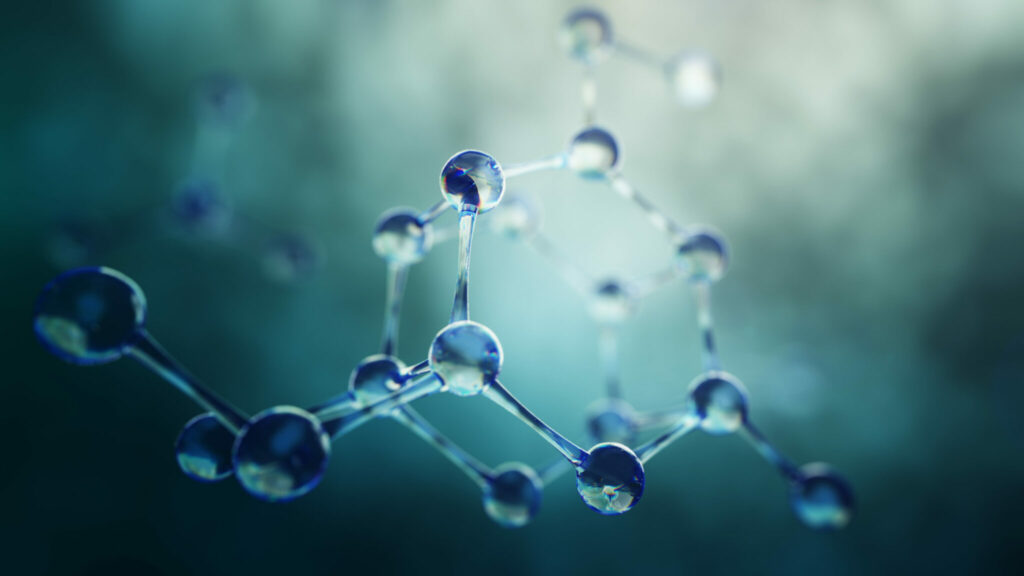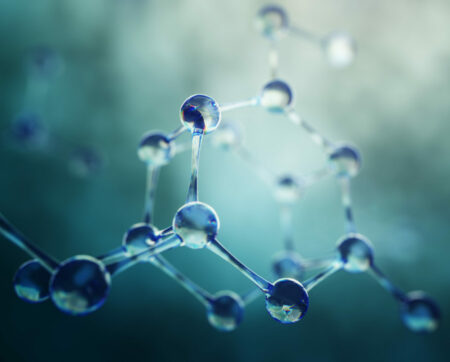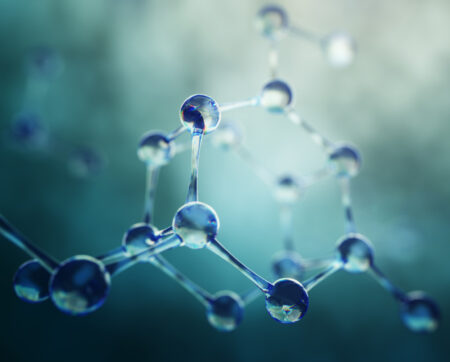1. RAPPEL: Appel à candidature pour le prix de thèse et le prix jeune chercheuse et chercheur SFE 2025
La Société Française d’Exobiologie décernera en 2025 deux prix récompensant des travaux de recherche en exobiologie/astrobiologie, incluant l’origine de la vie, ses conditions d’émergence, son évolution précoce ainsi que sa présence ou son apparition potentielle ailleurs dans l’Univers :
- Prix de thèse de la SFE
- Prix Jeune Chercheuse / Chercheur de la SFE
Ces prix seront remis lors de la conférence nationale d’exobiologie, qui se tiendra du 25 au 28 novembre 2025 à Bordeaux. Chaque lauréat recevra une dotation de 1 000 € et verra ses frais d’inscription à la conférence pris en charge par la SFE.
Procédure de candidature et sélection
- Les candidatures doivent être envoyées ici au plus tard le 16 mai 2025 (date impérative).
- Les dossiers incomplets ou non conformes aux règles ne seront pas examinés.
- Chaque dossier sera évalué en deux étapes :
- Examen par un rapporteur externe, qui soumettra son évaluation au Conseil d’administration de la SFE.
- Analyse par un rapporteur interne, membre du Conseil d’administration.
- Les dossiers seront ensuite discutés et classés lors d’un Conseil d’administration de la SFE.
- Les résultats seront communiqués aux candidats à la mi-septembre 2025.
- Les lauréats s’engagent à assister à la conférence nationale d’exobiologie 2025, où ils recevront leur prix et présenteront leurs travaux.
Plus d’informations et modalités de candidature ici.
= = = = = = = = = = = = =
Workshop / Conférence annoncement :
2. Registrations open for The RED Astrobiology Introductory Virtual School – June 16th-19th 2025
RED is a Training School about the “Basics in Astrobiology”. Astrobiology addresses questions related to the origins of life, its evolution, and distribution in the Universe. This school aims to offer interdisciplinary training in astrobiology to students and young researchers in astronomy, planetology, geology, chemistry, biology, or history and philosophy of science. If you are at Master or PhD level, or an early career scientist, with a subject related to astrobiology, this training school is for you!
From June 16th to 19th, we invite you to participate in the Virtual RED Astrobiology School. This virtual school is based on the lectures from the “in-person” school held in Le Teich (France) in March 2025. Registering for the school will offer you an opportunity to listen to the lessons filmed on-site, interact directly with the lecturers, ask questions, and engage in conversations with other participants from all over the world!
Participants who watch the whole lecture series and succeed in short quizzes about it will receive a certificate of attendance. Live animations and Q&A sessions will be organised at CEST (UTC + 2), but you can watch the lectures and replays of the Q&A session at your convenience in your time zone.
More information, program and registration here.
= = = = = = = = = = = = =
3. Online NanoSpace Seminar: 30/04/25 13:00 CEST
We would like to draw your attention to an online seminar series that is being delivered as part of working group 2 of the NanoSpace network (Processing, reactivity and relaxation pathways of nC). The aim of these seminars is to:
- promote work done within the NanoSpace network
- encourage networking and knowledge exchange between participants
- increase the visibility of experimental and theoretical resources available for collaboration
- highlight work of early career researchers.
We are excited to announce that the second session includes two seminars (25+5 mins) bySylvain Maclot (University of Caen Normandy) and Jennifer Noble (CNRS PIIM Marseille) on 30 April 2025 (13:00-14:00 CEST).
Please register for the talks here.
**********************************************************************************
Ion-molecule collision experiments still exist and they can be useful – Sylvain Maclot
University of Caen Normandy, France
I will present what kind of experiments we can perform at the low-energy ion beam facility of GANIL in Caen, France. This facility is open to external users through different calls so it could be interesting for you! I will list the different experimental setups available but I will mostly show scientific results of experiments done with isolated molecules and molecular clusters using coincidence mass spectrometry. With that I hope that I can convince you that ion-collision physics is still useful and a unique tool to probe physical chemistry of complex molecular system.
Laboratory IR ice spectroscopy for the interpretation of JWST observations – Jennifer Noble
CNRS PIIM Marseille, France
The spectroscopic instruments onboard the James Webb Space Telescope are providing high sensitivity, spatially and spectrally resolved observations of objects at different stages of star formation, from molecular clouds to protoplanetary disks. In order to fully interpret these astronomical spectra, laboratory studies of icy grain analogues are key. This talk will present a few examples of such data analysis in the context of the ERS program IceAge (PID 1309, M. McClure).
= = = = = = = = = = = = =
4. EAI conference: Impacts and their role in the origin and evolution of life: 1–4 September 2025
The meeting will take place from 1 to 4 September 2025 in the picturesque medieval city of Nördlingen , which is situated inside the world-famous Ries crater in southern Germany. It aims to cover the role of meteorite and comets impacts in the formation of Earth, its atmosphere and the evolution of life. The conference will consist of lectures, discussions and excursions and participants will also have the possibility to display their own research results in one or two poster sessions. The European Astrobiology Institute and the Stockholm University Astrobiology Centre, and the University of Neu-Ulm will function as co-organisers of the conference :
- Impacts and the early history of the Solar System
- Impact structures as indicators of target properties
- Role of impacts in delivery and formation of the building blocks for life
- Impact-generated habitats for life
- Environment effects of impacts
- Impacts as threats for life and humankind
- Geoconservation, education and outreach of impacts
We also will have two one-day excursions, one around the Ries crater on 4th September and one half-day excursion on 2 September to the Steinheim crater with its famous central uplift feature.
There is also plenty of time for contributed talks, especially by young scientists. Deadline for abstract submission is 31 May 2025. Registration here, deadline is 30 June 2025.
= = = = = = = = = = = = =
5. SFP Paris-Sud: Philippe Zarka « La Radioastronomie du 21ème siècle » sur youtube
La conférence SFP de Philippe Zarka « La Radioastronomie du 21ème siècle » est sur youtube.
~~~~~~~~~~~~~~
Les prochaines conférences seront données par :
Pierre-Olivier Lagage » Un nouveau regard sur le cosmos avec le télescope spatial Webb «
jeudi 15 mai 2025 à 16:00 Auditorium Pierre Lehmann https://indico.ijclab.in2p3.fr/event/11474/
Bruno Mansoulié » Quelle est l’énergie du vide? «
jeudi 22 mai 2025 à 16:00 Auditorium Pierre Lehmann https://indico.ijclab.in2p3.fr/event/11781/
Françoise Combes « Le mystère de la matière noire »
mercredi 12 novembre 2025, 16:00 Audit. P. Lehmann https://indico.ijclab.in2p3.fr/event/11780/
Yorick Blumenfeld « 1970-2020: Un demi-siècle de physique nucléaire «
mardi 25 novembre 2025, 16:00, l’Auditorium P. Lehmann https://indico.ijclab.in2p3.fr/event/11685/
~~~~~~~~~~~~~~
Vous pouvez ecouter (et voir ) les conférences récentes qui sont sur youtube :
Paul Lucchese : L’hydrogène : des propriétés exceptionnelles pour contribuer à la neutralité carbone
Delphine Blanchard : L’histoire des débuts du CERN
Sylvie Vauclair : La naissance des éléments, du Big-Bang à la Terre : un siècle d’avancées scientifiques
Nathalie Palanque-Delabrouille : L’Univers sombre nous réserve-t-il de nouvelles surprises
Marc Ernoult : Energie nucléaire : Faut-il croire aux promesses?
Pierre Agostini : Histoire de la physique attoseconde
Bernard Picinbono : Genèse et premiers pas de l’Université de Paris-Sud : 1968-1974
Christophe Clanet : Physique au vélodrome
Karsten Plamann : La transparence des yeux
Sylvestre Huet et Gilles Ramstein : Questions sur le climat : 30 ans d’alerte, pourquoi si peu de résultats?
Nathalie Besson : Pourquoi le Modèle standard est-il standard ?
Stéphane Lavignac : Les neutrinos
Martine Regert : Notre Dame de Paris de la cathédrale en feu à l’objet de recherche
Jean-Marie Tarascon : Les batteries dans le contexte du développement durable
Antoine Browaeys : Étudier le problème à N-corps avec « quelques » atomes
Françoise Vimeux : Changement climatique: où en sommes-nous et vers où allons-nous ?
= = = = = = = = = = = = =
Offres Emploie (thèse, PostDoc) :
6. Post-doc en Astrochimie/planétologie – Laboratoire PIIM à Marseille
Retrouvez ici une offre de post-doctorat en Astrochimie/planétologie est disponible au PIIM (Aix Marseille Université) sur « L’impact de l’érosion spatiale pour la détection de la matière organique dans les matrices minérales simulant les petits corps du système solaire ». Le projet a pour but d’étudier le devenir de la matière organique dans les matrices minérales à la surface de corps sans air par des expériences d’irradiation, et de définir des biais pour la détection de la MO dans les corps du système solaire, en particulier les astéroïdes et Mars. Les expériences seront réalisées en collaboration avec différents laboratoires en France (PIIM, IAS, LISA). Le projet fait partie d’une subvention de l’Agence nationale de la recherche française, le projet ORGAMISS.



Aucun commentaire sur l'article Newsletter du 29 Avril 2025